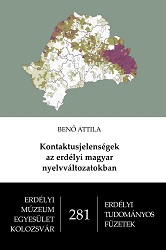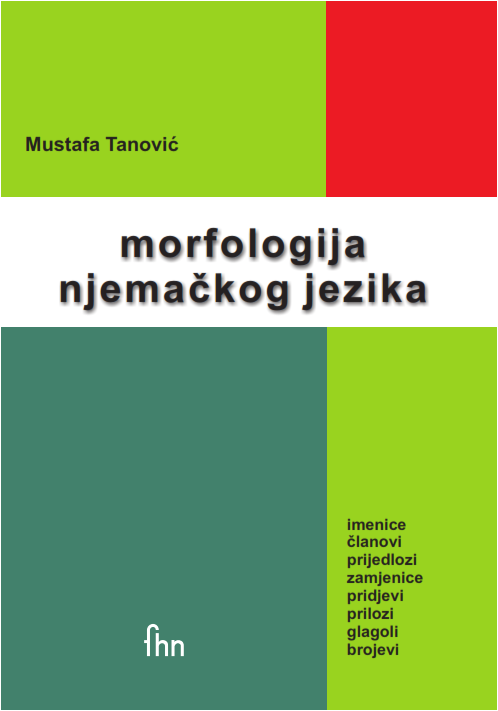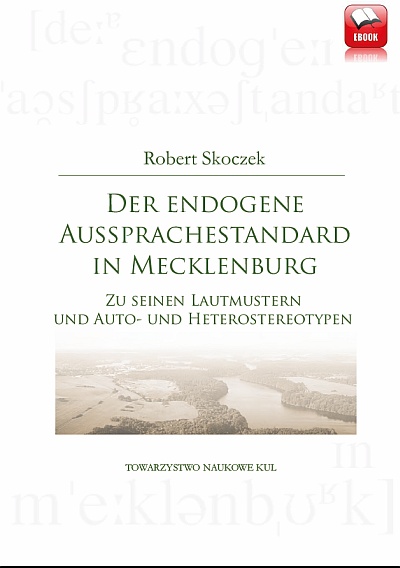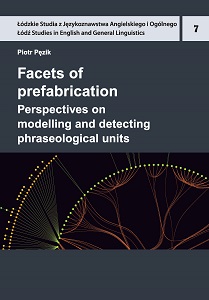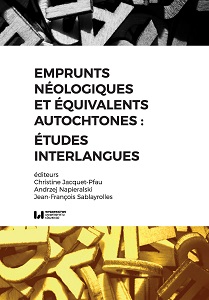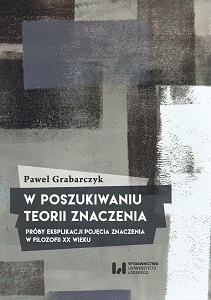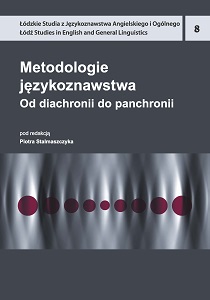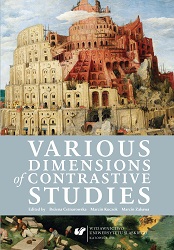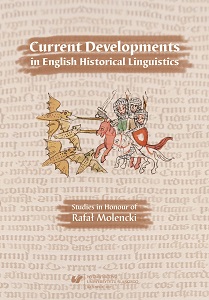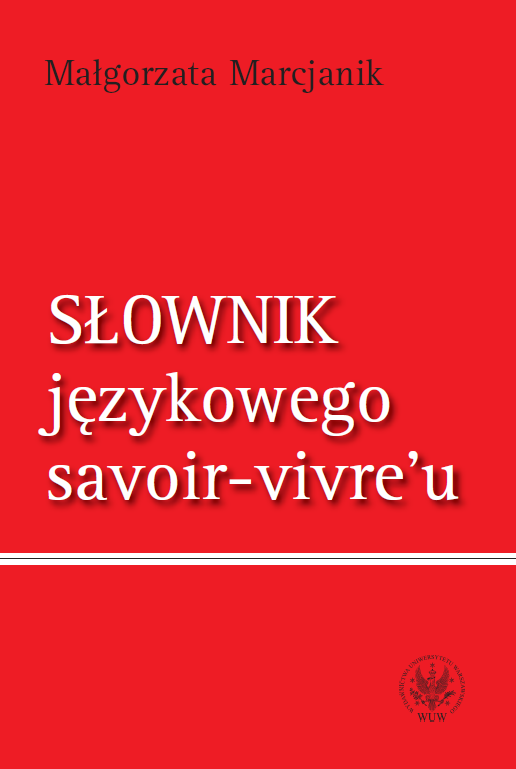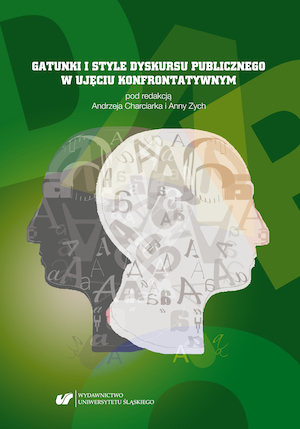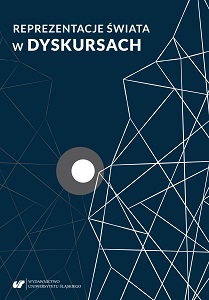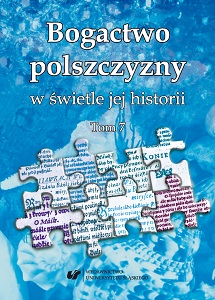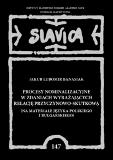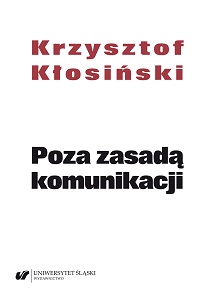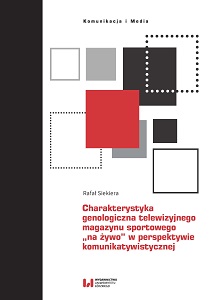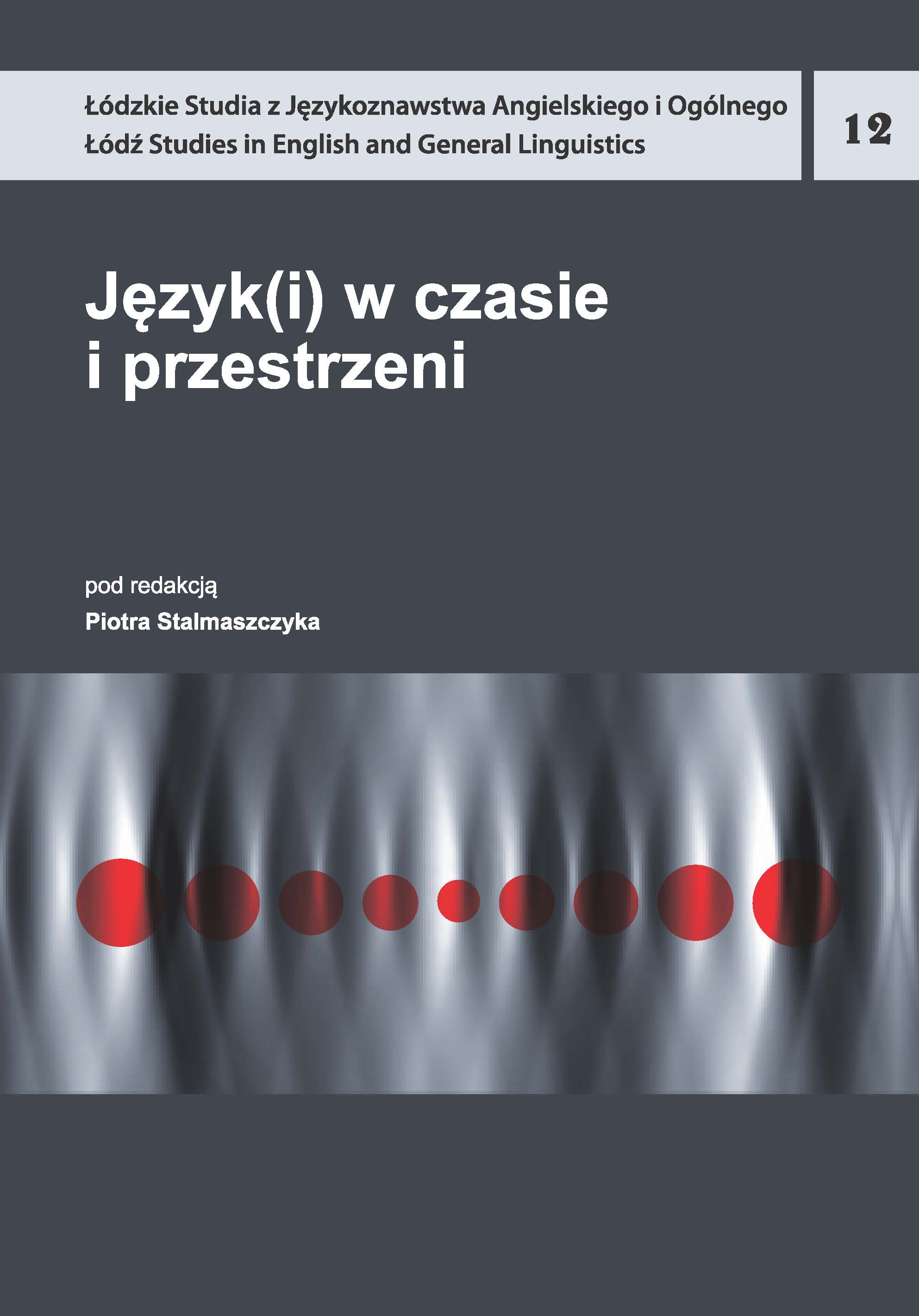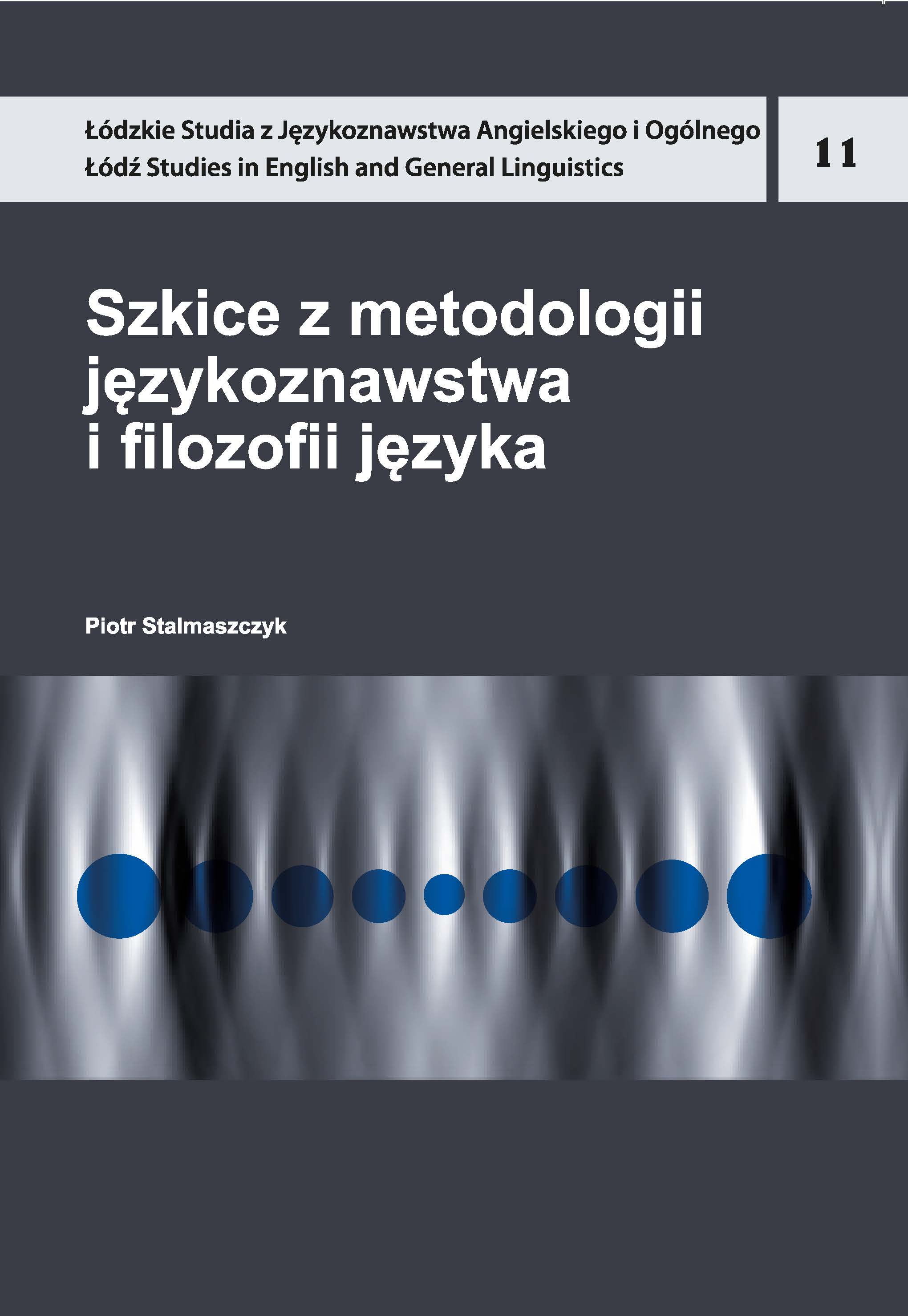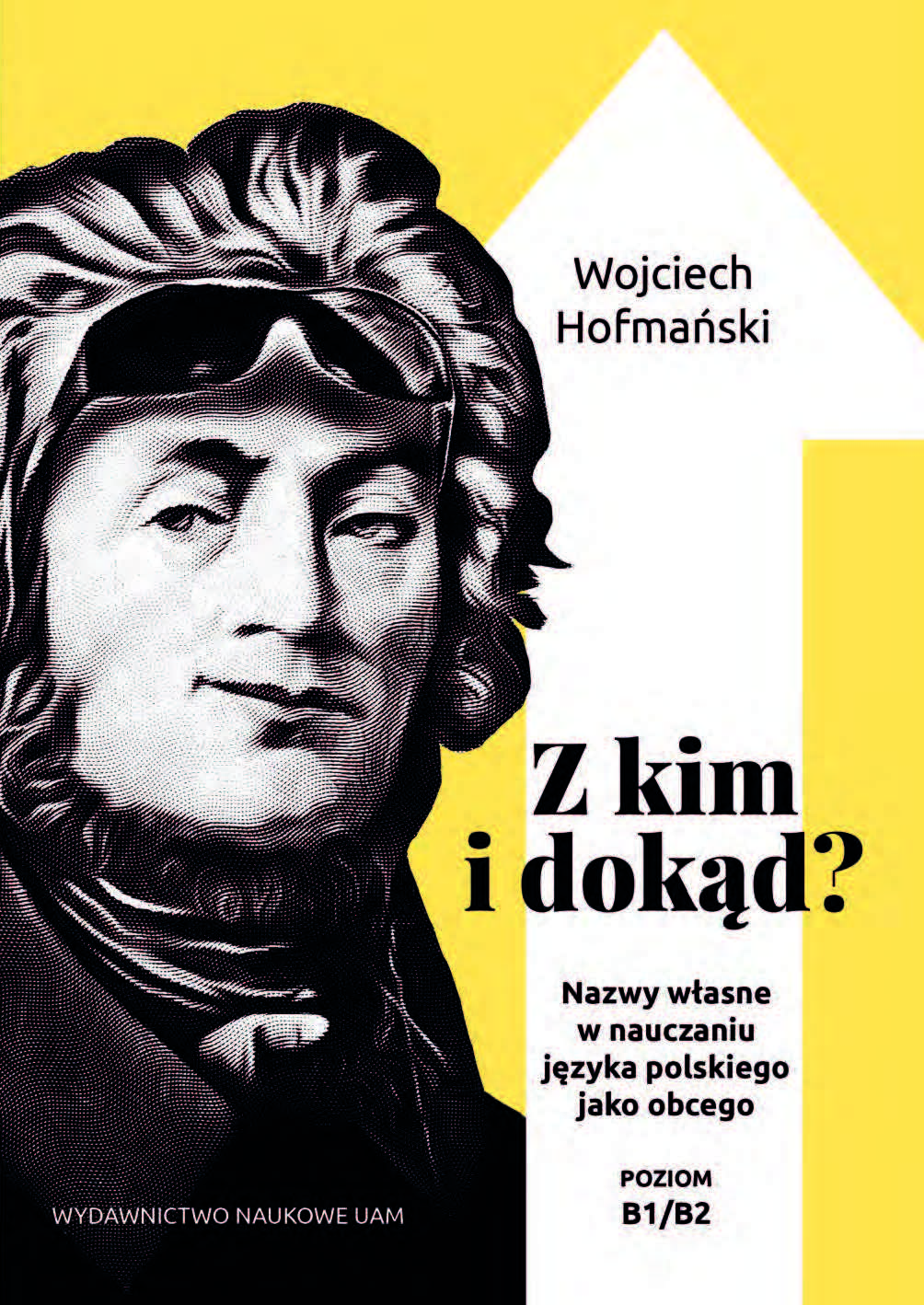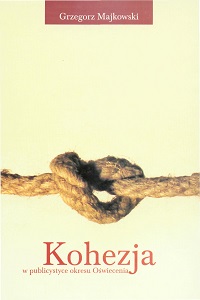
Kohezje w publicystyce okresu Oświecenia.
In this dissertation we take a problem of cohesion’s description in political commentary at the Enlightenment. I arranged the common regularities and cohesively rules for texts. The cohesion’s means are usually an explicit indexes – they are disclose in text – typical anaphoric: synonyms, hyponyms, hiperonyms, co-hyponyms and also nominal phrase and anaphoric pronouns, pronouns group. Among anaphoric’s indexes are also implicitly means in ellipse form. The overt index (question) has an influence on coherence political commentary. Near of coherence’s referencial means the cohesion is ensure by components of text, which generate functional coherence – conjunctions which every units of sentences is binding. The typical thing of structure in political commentary at the Enlightenment ages is graphics for example; italic, paragraphs. These texts which are making for analysis keep unity because they have enormous repetition’s system. We can say that repetitions made an cohesive ‘skeleton’. We can also distinguish an lexical (łac. Recurrents), synonym’s repetition, syntactic’s parallels. Although repetitions (lexical) are broad components by the information, so because of cohesive, it’s justified especially when it’s deficiency the others bonds in text. That’s why, when for example anaphoric pronoun, anaphora’s ellipsis delete an excess repetition, they are very rarely in text. In small field in the prints from the Enlightenment are characterized by hyponym’s coherence and co-hyponym’s. Generally speaking the political commentary from 18th century are not saturated external indicators. Some of the sentences units are cohesively not only one but plenty of cohesion’s means. In this way the cohesion’s focus arises in text. The cohesion’s indexes join the sentences and also they have text communicatived and stabilized typical text form. So that’s why we have many repetitions in publications where transparent and logic’s argumentation are very important. And cohesion which is realized by compensation – anaphoric pronoun and anaphoric ellipse condense text and that have influence on economics’ text, but only when they are not use so a lot of time. The political commentary which were use at the Enlightenment period by the formal form between intersentences, we have to understand them like a universal form in historical polish language. The same types of meaning are in political text in different ages. The analyses of exemplificative material allows to conclude, that in the Enlightenmentpolitical commentary is many described in this dissertation – master of cohesion from formal level, so mutual rules of cohesion and rely by them is the structure of text. The formal means of cohesion’s political commentary at the Enlightenment need to recognize as important factor in texts. The classified and described means of cohesion serve to persuade the message recipient to adopt a definite political view. They have a persuasive value and they indicate the persuasive function of the text. In the 18th century political writing certain cohesive – persuasive patterns can be distinguished e.g. cohesive – emotional (affective) or cohesive – graphic ones. The text disposition (composition) should also be noted.A text is a unit of language in use. A text is a communicative and functional occurrence.
More...
